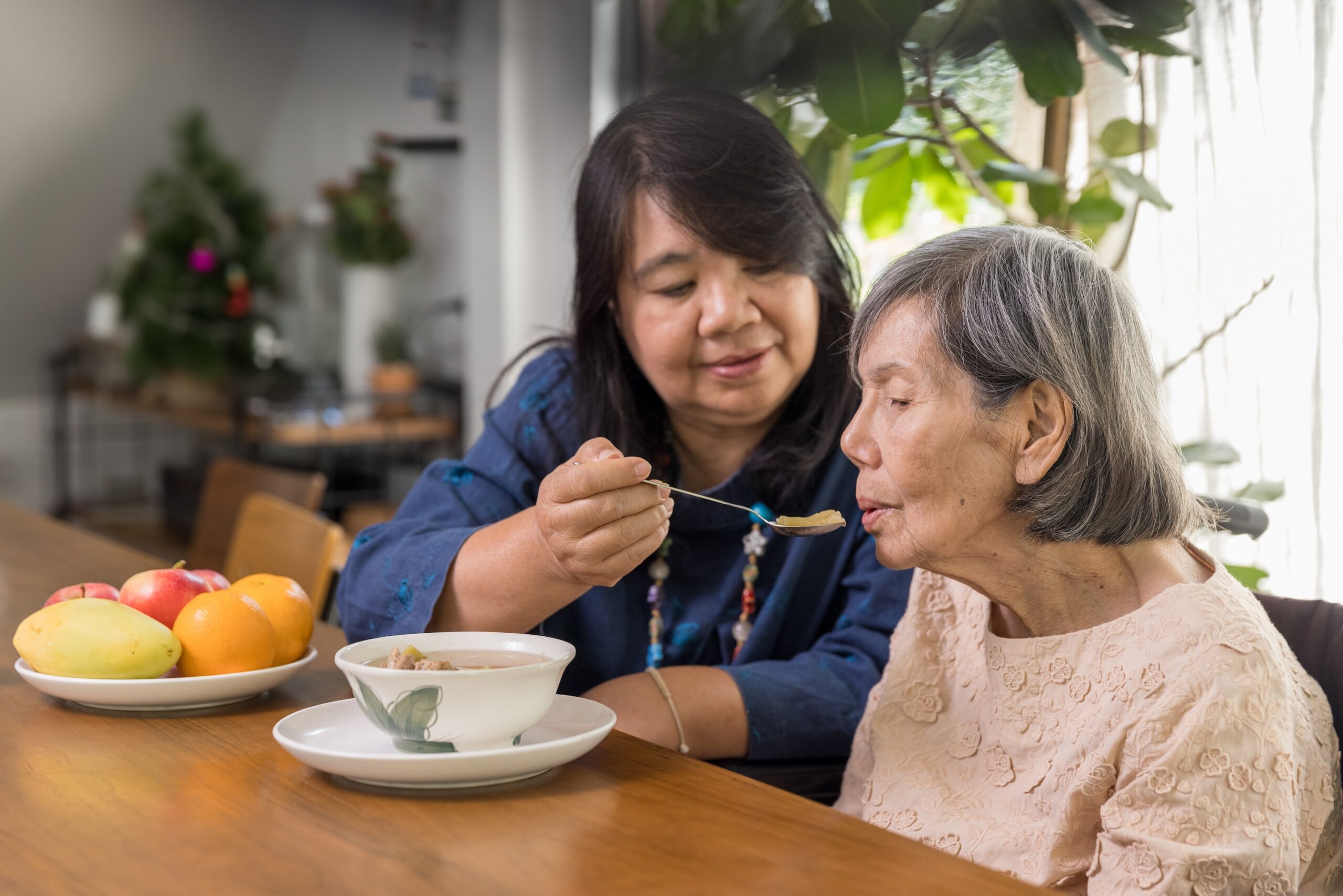
Happy National Caregivers Day! This is the day we honor all those who selflessly provide personal care and physical and emotional support to those they care for. One may care for their family, including children or other adult family members. It is estimated that, on average, caregivers spend six days a month completing tasks such as grooming, feeding, dressing, bathing, and walking, 13 days a month cleaning, shopping, doing laundry, and cooking, and 13 hours a month are spent coordinating appointments, after school activities and managing finances.
Caring for a loved one is stressful for even the most resilient person. Not everyone will experience the same level or intensity of stress, and the stress is natural. Feeling overwhelmed or stressed does not mean you are an inadequate caregiver; it just means you have a lot on your plate. Feelings of inadequacy, guilt, and defensiveness cause you to feel more stressed.
As a caregiver, you may be so focused on providing care to your loved one that you cannot see how your health and well-being are affected. What are some signs of caregiver stress? Maybe you are worrying a lot about everything, feeling burdened, tired, irritable, and/or sad, experiencing headaches, pains, or other medical issues, sleeping too much or not enough, gaining or losing weight, losing interest in things once enjoyable, and/or missing medical appointments for self. These symptoms resemble depressive and anxious symptoms.
Here are a few things you can do to ease the stress of caring for others.
Ask for help. Call your community and ask them to help out. Make a list of things someone else can take over to give you time for yourself.
Positive self-talk. We tend to be hard on ourselves and feel like we are not doing enough. Please remember that you are doing the best you can do right now.
Set goals that are reachable. Chunk the larger tasks into smaller steps that feel more manageable. Make lists and weigh the importance of each task. Try to follow a daily routine that will provide comfort and predictability.
Get connected. Explore and learn about caregiving resources in your area. You may find helpful resources like rides, meal delivery, or house cleaning.
Join a support group. This can help with the feelings of loneliness and feelings that no one else understands how it is to care for a loved one. Group members can cheer you on and help with the struggles you may be experiencing.
Stay connected. Things can get busy, and spending time with others may seem like it could be more challenging. However, for yourself, try to make time each week to visit with someone.
Take care of your health. Eat a healthy diet, drink plenty of water, find ways to sleep better, and do physical activity.





